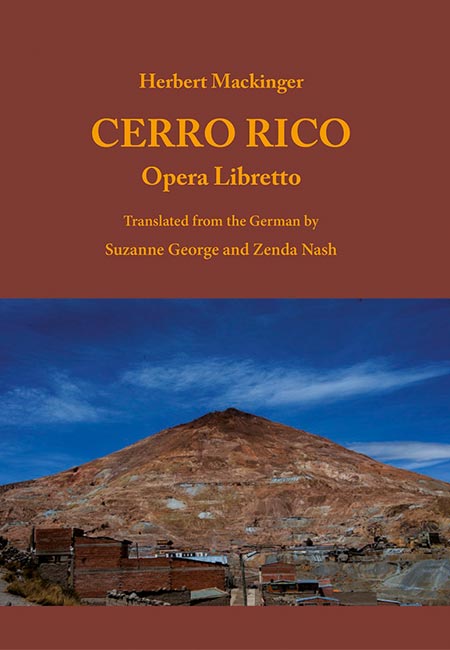Beschreibung
In order to arrive at a full understanding of the libretto, it is important to know about both the miserable social conditions prevailing in the mining region around Cerro Rico, a mountain near the Bolivian city of Potosi, as well as the myth of the Tio, the “Lord of the Mines” that is still very vital among the local population
At the very beginning of the opera two miners are dragging the bodies of two of their coworkers out of the mine; they give a report on the incidents in the mine and complain about the terrible working conditions the natives have to endure underground. They also report of the cruel games, which the “Tio”, the “Lord of the Mines” is playing on them. He forces them to pay tribute in form of coca leaves, alcohol and cigars as they enter the mine. If they don’t give him his due respect or don’t abide by his rules, the miners could even lose their lives. One of Tio‘s strictest commandments is that neither women nor priests must ever enter the mines, since that would lead to the disappearance of the silver ore.
One of the miners, Yupanqui*, is already suffering from the deadly lung disease (silicosis) despite his young age. His wife, Loma-Tika, is working above ground searching the waste piles for rocks containing silver ore. Since the couple has no sons who could help with the hard mining labor and since there are no employment alternatives, they are forced to let their daughter, Chaska, disguised as a male worker, help them in the mine in order to sustain their measly existence. Thus, Yupanqui has knowingly broken Tio’s strictest rule. The drama is inevitable.
Translated vom from the German by Suzanne George und Zenda Nash

